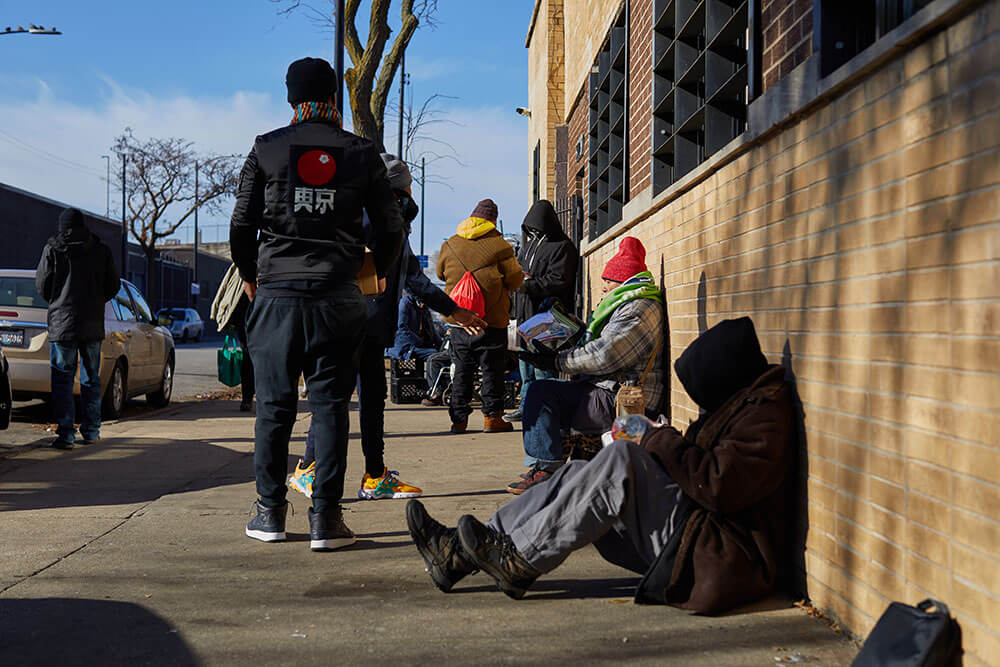Ways to Lessen the Impact of COVID-19 on Marginalised Communities

Marginalised communities are not only more at risk of contracting coronavirus, but they are also highly susceptible to economic struggle and lack of food and shelter during this difficult time. There are simple steps you can take to minimize the impact of COVID-19 on marginalised communities—find out how you can help below.
How are marginalised communities affected by the coronavirus?
As UNICEF points out, marginalised communities can include women, elderly people, children, people with disabilities, indigenous communities, refugees, migrants, and minorities. All of these groups are subject to socio-economic marginalisation for many different reasons. Because these populations are often times reliant upon the informal economy and are more often paid under the table and without common employment benefits, they have less protection when there is an economic crisis, such as the COVID-19 pandemic.
To add to their distress, these communities often have less access to social services, political representation, and technology resources that keep more affluent communities afloat. Additionally, these vulnerable and marginalised populations are more prone to contracting the coronavirus because they often inhabit areas that are more densely populated to keep costs low and stay in close proximity to job opportunities.
How to help marginalised communities during COVID-19
Helping marginalised communities COVID-19 has affected doesn’t have to be complicated. There are simple steps you can take as an individual to make a lasting impact and work toward social justice for those in need.
1. Advocate and vote
Showing up for marginalised groups starts by speaking up for them when their voices can’t be heard. Every day, folks have the opportunity to vote for change—from how we spend our money to how we vote for government officials. Here are a few simple ways to incorporate advocacy for marginalised communities into your life:
- Make sure you are doing research before every election and voting for local representatives who advocate for the most marginalised in your community
- Vote with your wallet by spending money on products that are fairly traded, seek out certified B corporations to buy your products from, and continually ask for changes from businesses that do not have social sustainability practices in place
- Stay informed about how regulations are affecting vulnerable populations in your community and vote accordingly
- Speak up at your work and advocate for diversity in the workplace
2. Raise money for those in need
The most effective way to help folks in need is to provide them with direct and immediate financial relief. A simple way to achieve this without leaving your home is by raising money through crowdfunding. Whether you want to provide food for the homeless, help pay rent for low-income families or single parents who may be struggling, or raise money for education, online fundraising is a great way to find funding for your mission.
3. Continue to show up after COVID-19 is over
When the coronavirus pandemic ends, we must continue advocating for equality—not only in the way we vote and where we spend our money, but in the way we speak up for others. When the economy eventually bounces back after coronavirus passes, there will be more people in need than ever before. Say educated and up-to-date on ways you can help our most vulnerable populations and continue to implement these practices in your day-to-day life.
Do your part to help others
We can all strive to be better for ourselves and for others every single day. Find a cause or community you care about and become a social justice advocate. Raise funds and raise awareness for folks who are in need today to ensure that one day, we all have the same opportunities. It’s important to be a voice for underrepresented people, but it’s also necessary to take action if we want things to change. Sign up for a fundraiser on GoFundMe and start making a difference for marginalised communities battling COVID-19.
Related Reading: